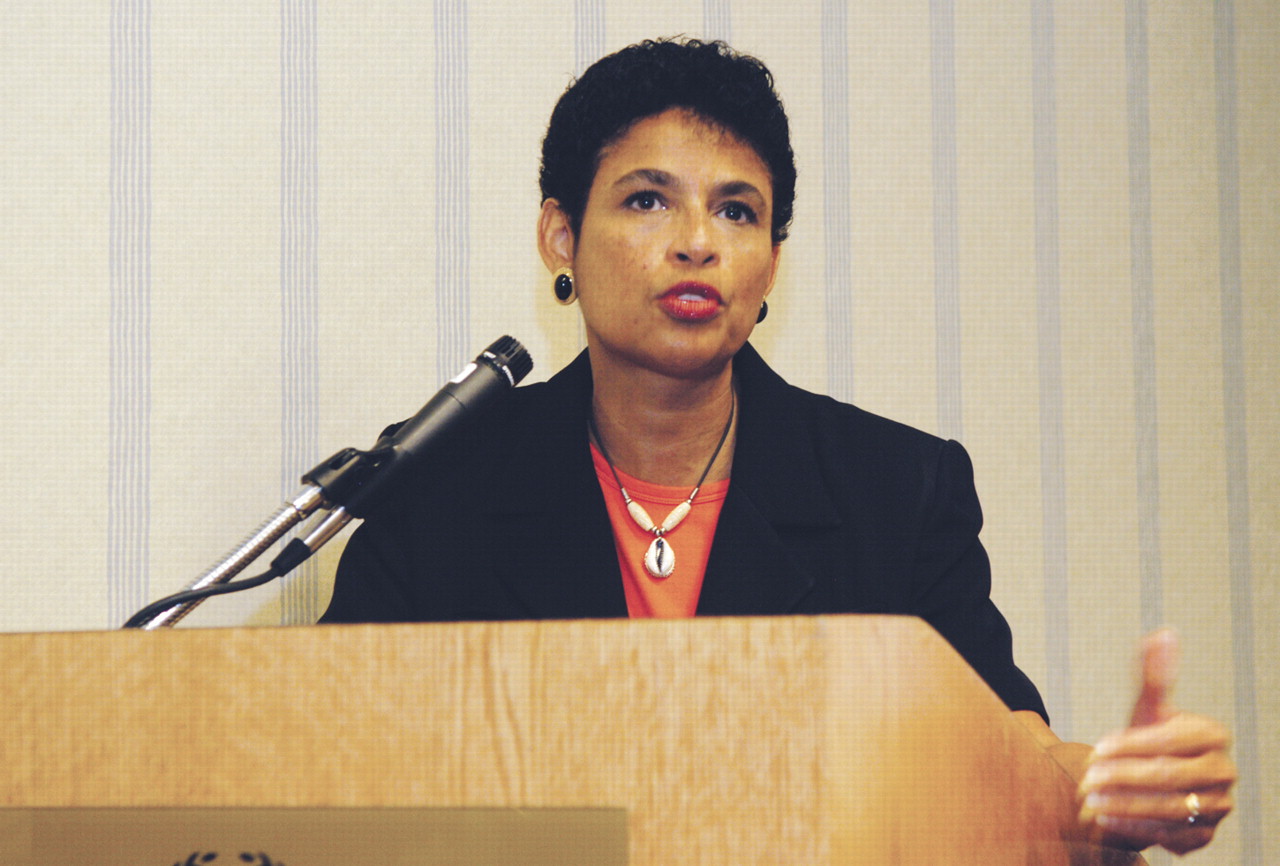It is incumbent upon psychiatrists and other mental health clinicians to empower some of their African-American patients to advocate for themselves as they navigate a complex maze of systems and agencies that can be disempowering.
This was one of the messages delivered to those at the Solomon Carter Fuller Award Lecture on the mental health treatment of African-American patients and their families at the APA Institute on Psychiatric Services in October in San Diego.
The award, which this year went to Nancy Boyd-Franklin, Ph.D., honors a black individual whose work has significantly benefited the quality of life for black people.
Boyd-Franklin is a professor at Rutgers University's Graduate School of Applied and Professional Psychology and author of several books, including Black Families in Therapy: Understanding the African American Experience and Boys Into Men: Raising Our African American Teenage Sons. Both books were co-authored by her husband, A.J. Franklin, Ph.D.
During the session, Boyd-Franklin showed heart-wrenching video footage of psychiatrist Salvador Minuchin, M.D., counseling an African-American woman whose two children had been taken away from her.
Minuchin pioneered structural family therapy and supervised Boyd-Franklin in her studies.
Boyd-Franklin explained that the patient's infant had cerebral palsy and was “failing to thrive” due to the illness. A neighbor reported the mother to child protective services, which removed the infant and an older child from the home due to a suspicion that the mother was neglecting her children.
After the mother's children were removed, a psychiatrist misdiagnosed the grieving mother as psychotic, making it extremely difficult for her to reclaim her children in the courts. “When an African-American patient is misdiagnosed,” said Boyd-Franklin, “it can stay with them forever.”
She also called attention to “the power of these outside agencies,” such as the courts and child-protective services on African Americans receiving mental health treatment.
Though Minuchin was able to advocate for the mother in her fight to get her children back, it is important that clinicians help African-American patients be able to advocate for themselves, she said.
Boyd-Franklin also spoke about some of the ways many African Americans perceive mental health treatment. For instance, mental health clinicians of any color working with African-American patients should be aware that their patients may be resistant to or have a “healthy cultural suspicion” of psychotherapy.
“In African-American communities,” Boyd-Franklin said,“ therapy and psychopharmacology are often seen as the domain of sick people, crazy people, white people, or rich people.” This belief“ impacts the way black patients and their families interact with our system,” she added.
All mental health clinicians should know that “racism has absolutely impacted our [African-American] clients and continues to affect them, irrespective of class and education.”
As a result, many African Americans have traditionally turned to family and church, or spirituality, which serve as “buffers” against racism, Boyd-Franklin explained.
In years past, psychiatry residency programs and graduate psychology programs either did not acknowledge these coping mechanisms, or worse, pathologized them, she said.
While training to receive her doctoral degree in the 1970s, Boyd-Franklin said “there was no mention of family in mental health training. .we were seeing clients in a very Eurocentric, individualized framework,” she recalled.
“One thing they don't tell us in graduate or medical school is that in many African-American communities, the work we do in psychiatry and psychology is considered antispiritual,” she said.
In the past, when African-American patients reported to their therapists that in order to survive a certain ordeal they “prayed to the Lord,” Boyd-Franklin said, more often than not, clinicians were trained to write “religiosity” in their notes on the patient.
Boyd-Franklin also encouraged attendees to respond to African-American patients “from the gut” in the context of psychotherapy. “It is that response that will enable you to connect and establish therapeutic rapport with a client who is perhaps totally different from you in class and race,” she emphasized. ▪

